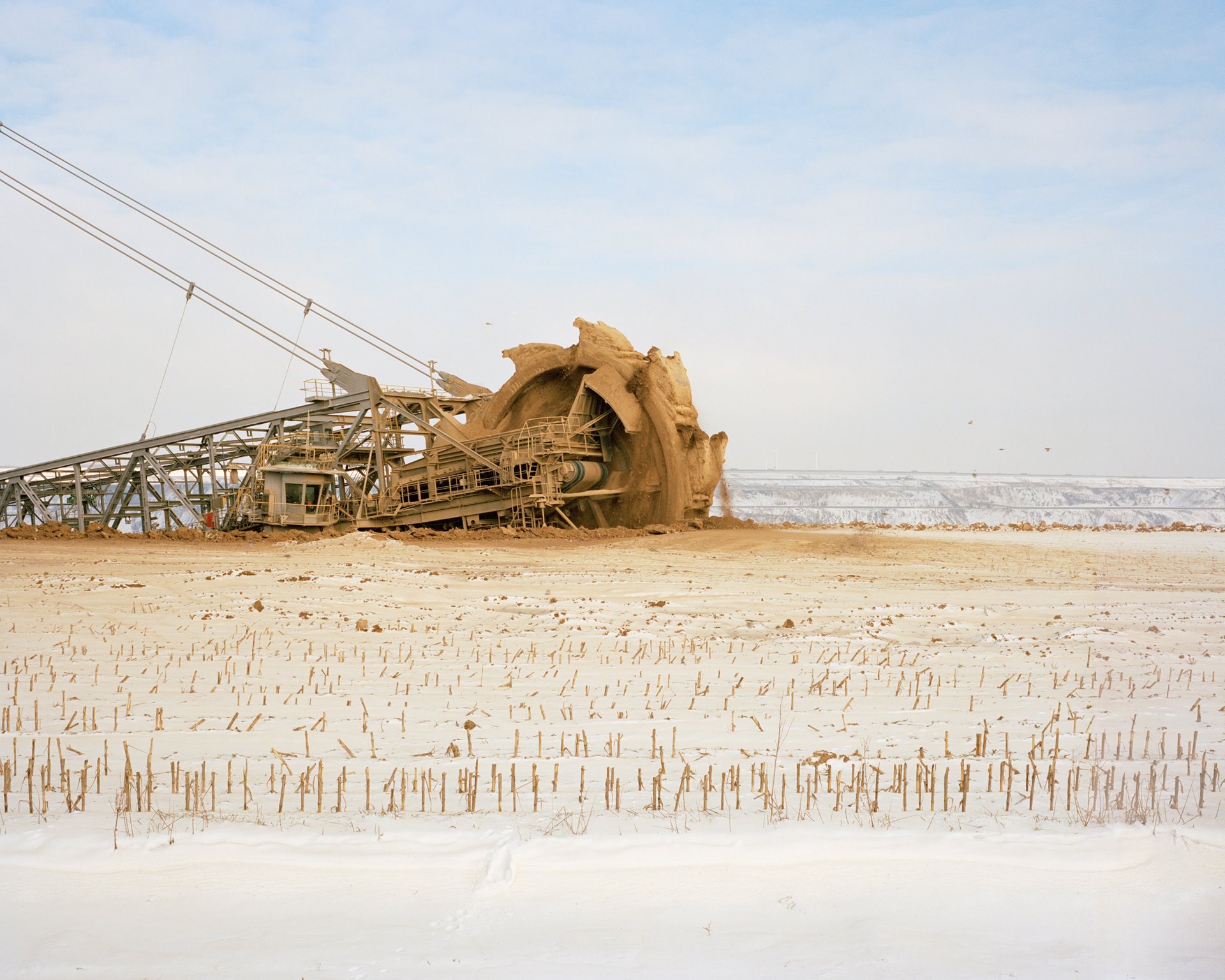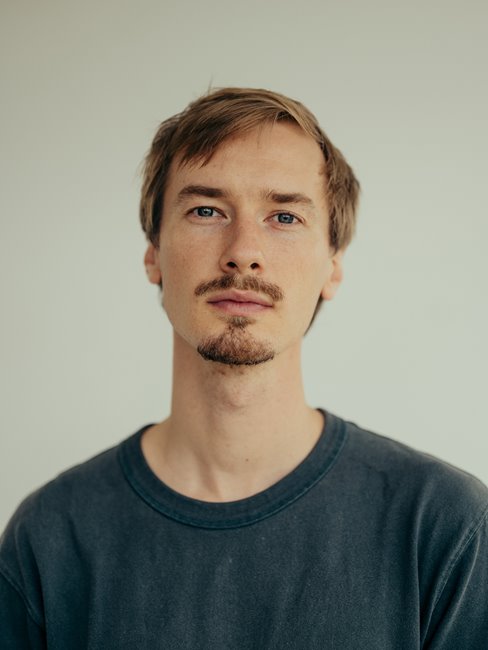A bucket-wheel excavator digs through a field where corn used to be grown, near the village of Lützerath, in Germany. The machine is enlarging the Garzweiler II opencast mine, which stretches over more than five kilometers. The loess soils in the region are among the most fertile in Germany.
Germany positions itself as a leader in the transition towards renewable energy by 2030, yet remains significantly dependent on coal for energy production. In 2022, Germany consumed more coal than any other EU nation, according to data released on Worldometer. At the same time, Germany produces 52% of its energy through renewable sources (with hard coal and lignite accounting for 25.6% and natural gas for 15.6%).
Since the late 1940s, around 50 villages in the western state of North Rhine-Westphalia have been obliterated by coal mines. Since the 1970s, in the Rhineland region of the state, forests have been cut down, farmland cleared, and villages demolished to make way for the Hambach and Garzweiler open-pit mines. In addition to their destructive environmental and social impact, open-pit mines are a source of lignite (or brown coal), which produces approximately 30% more CO2 emissions than hard (or black) coal, according to figures published by Nature Portfolio.
Energy company RWE’s plans to cut down parts of Hambach Forest and to demolish a further six villages to allow for expansion of mining in the area met with strong opposition. In 2012, activists began occupying parts of Hambach Forest to resist the measures. Later, resistance also moved to the villages endangered by the Garzweiler II mine. Activists’ protests and occupations met with police opposition and eviction, but a new German government reached a deal with RWE in 2022 to save five of the six villages. Demolition of the sixth village, Lützerath, could go ahead in return for RWE bringing forward the date of its coal phase-out from 2038 to 2030. Protests continued in and around Lützerath, which was eventually demolished in 2023.
The burning of coal to generate electricity is a major contributor to global heating. The German government aims to phase out coal-fired power plants by 2030. However, an Energy Security Act, passed in 2022 in an effort to reduce reliance on Russian oil and gas, undercut these plans by allowing the reactivation of decommissioned coal-fired power plants. Supporters say the move is essential to the economy, critics argue that the environmental impact is devastating.
Are you a photographer and/or passionate about press freedom? Sign up for our newsletter to stay updated on our annual contest and to hear about exhibitions near you.

